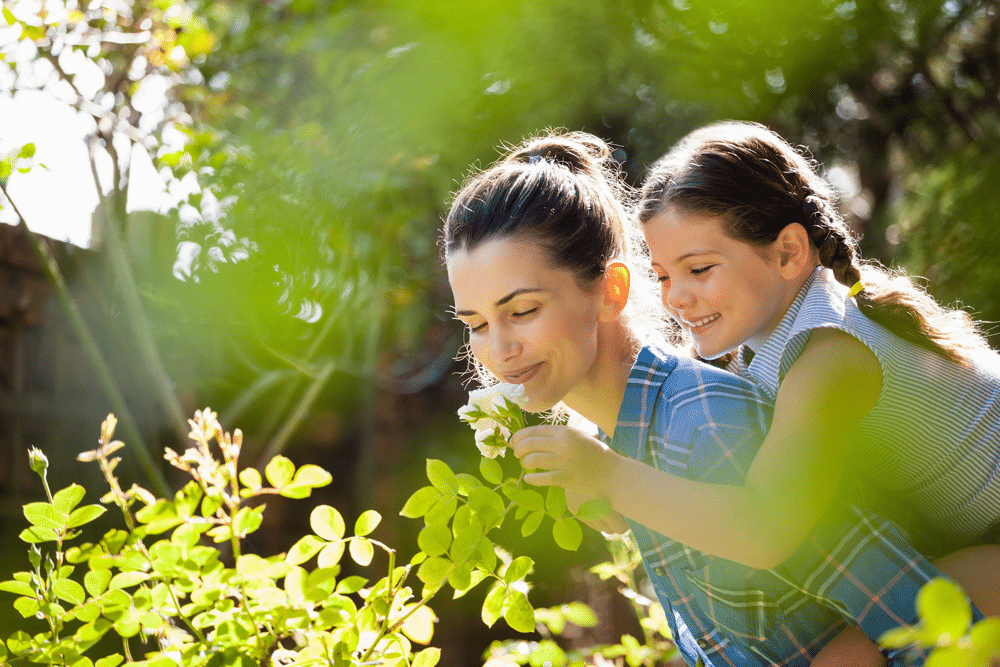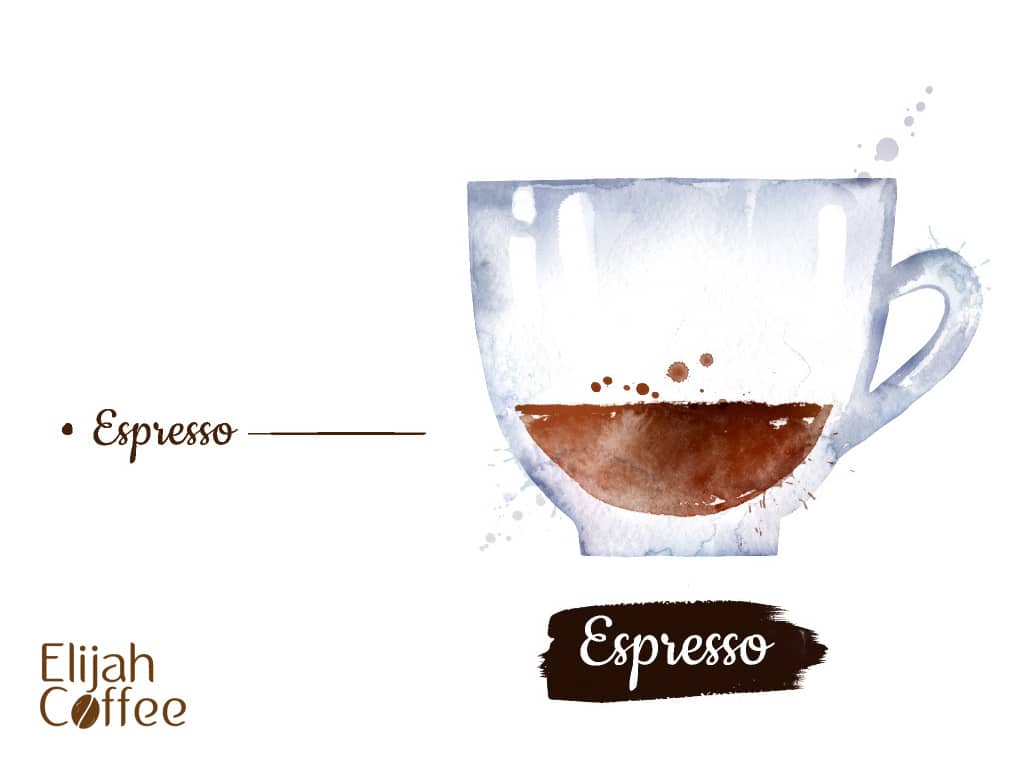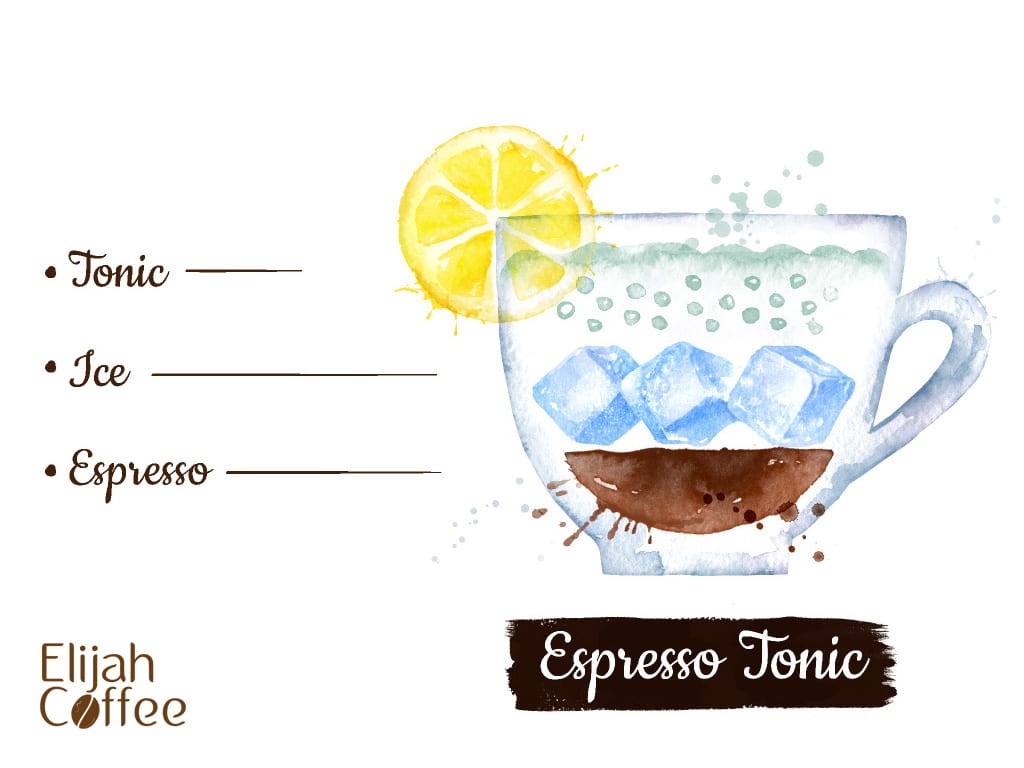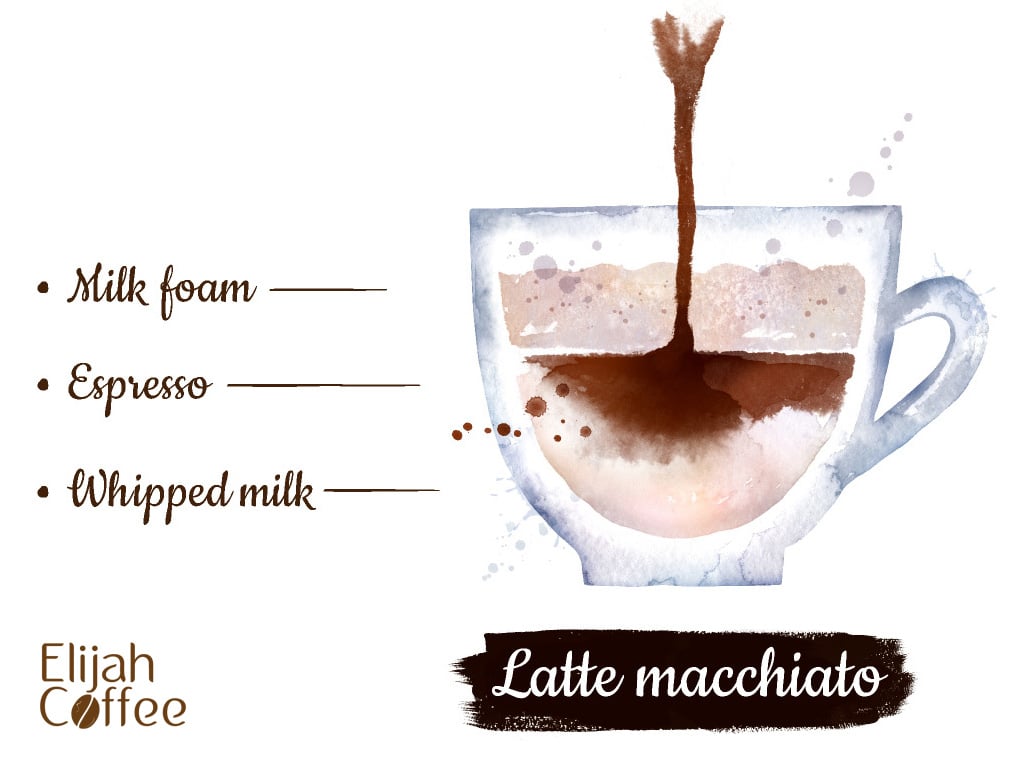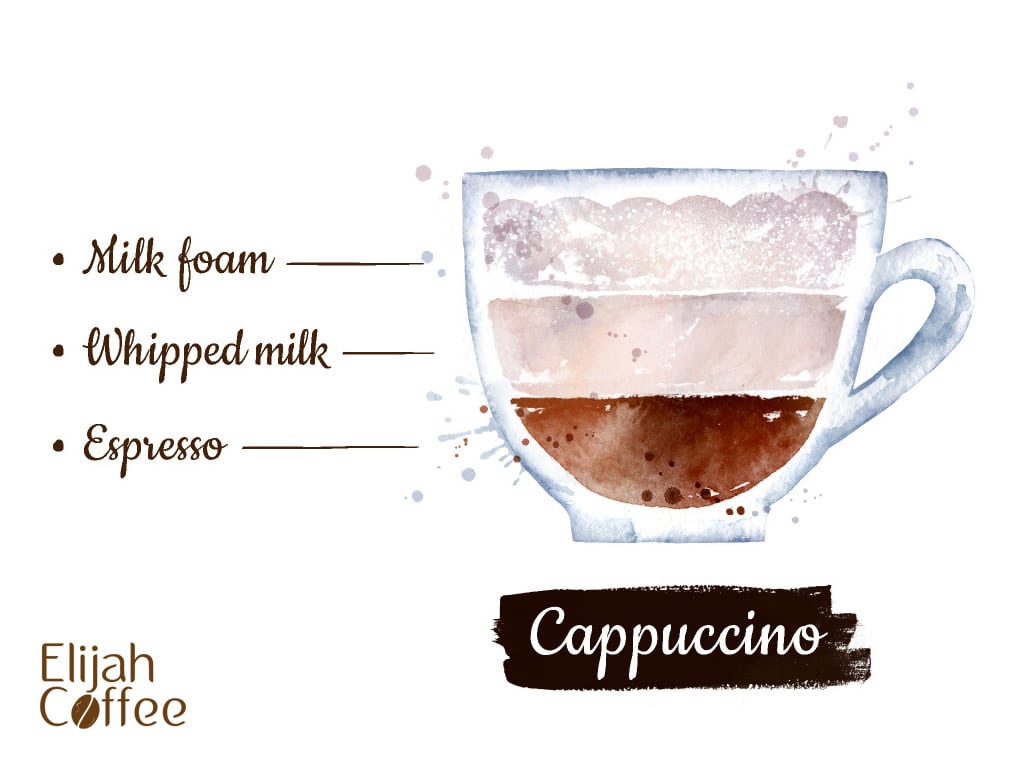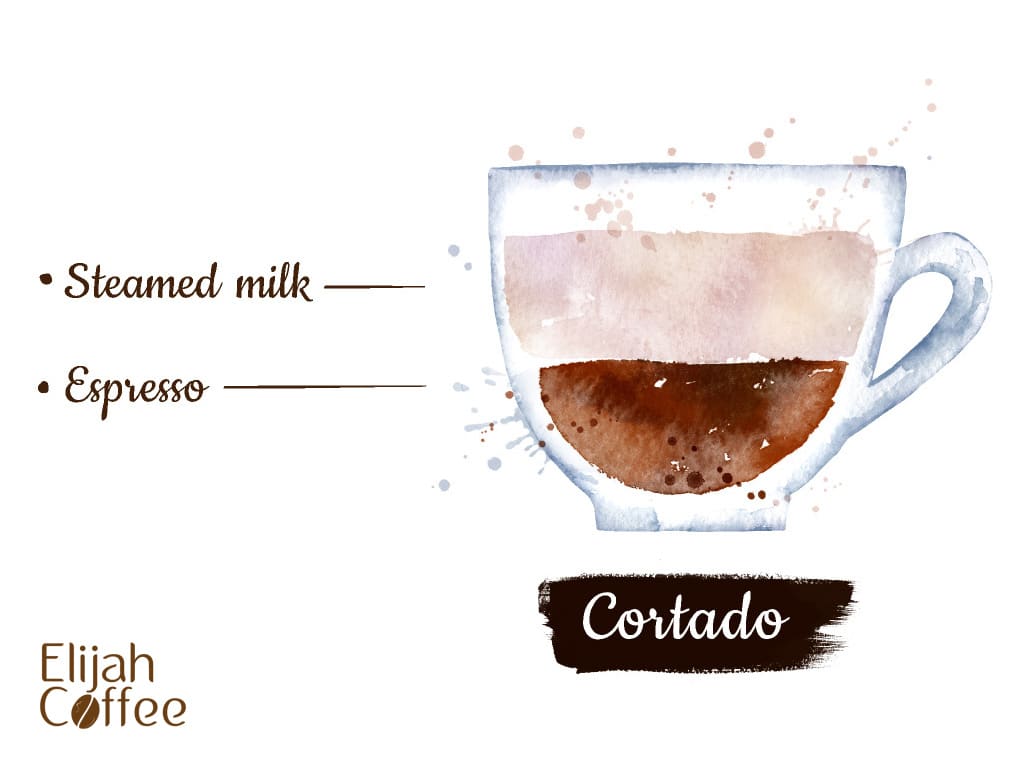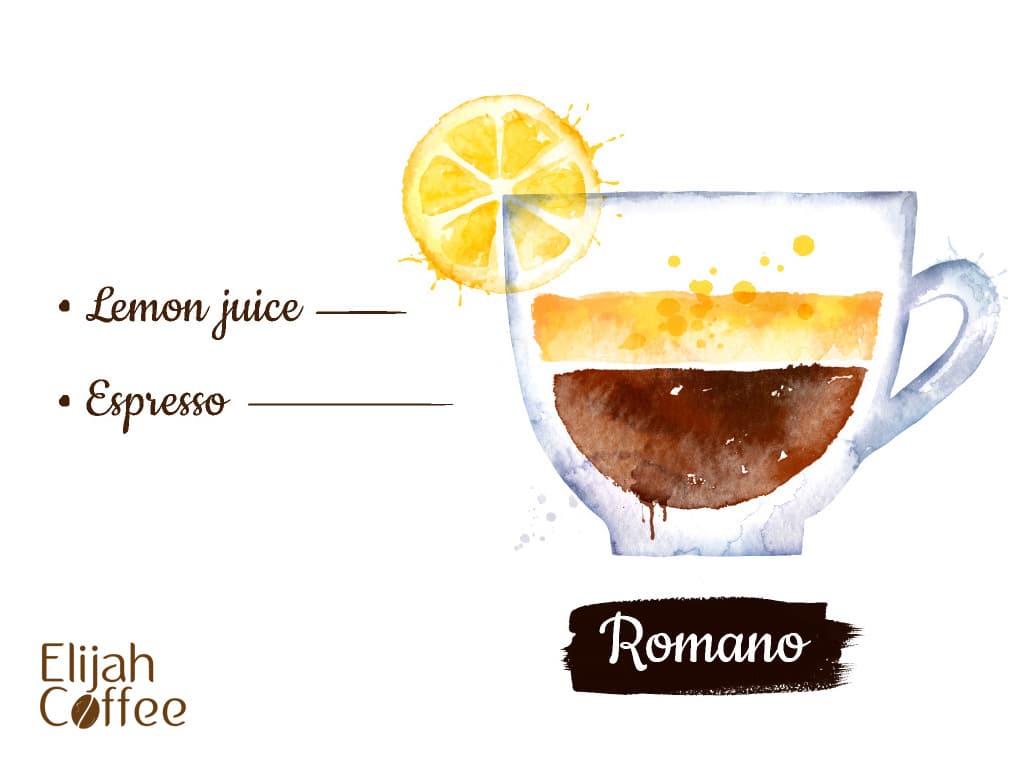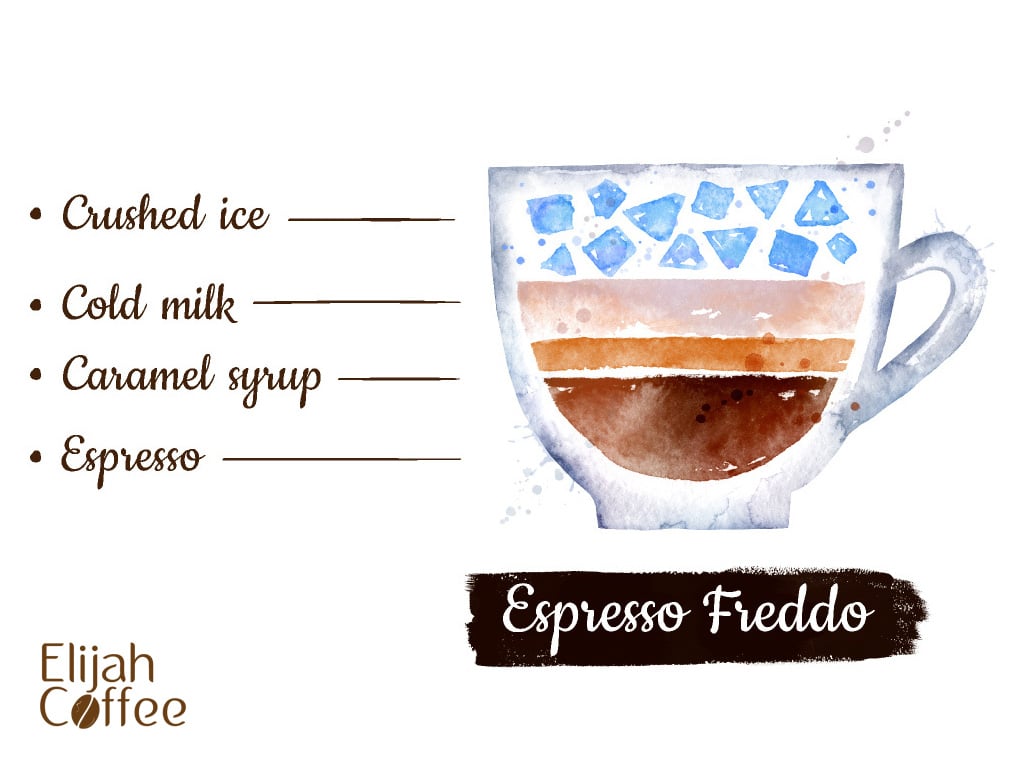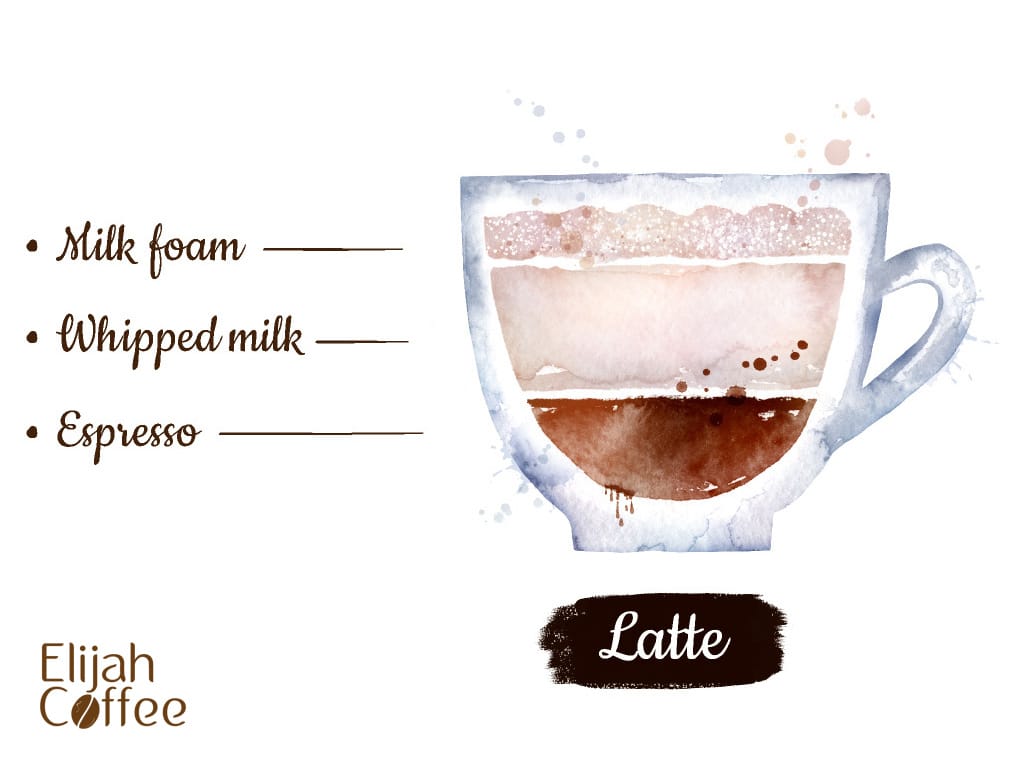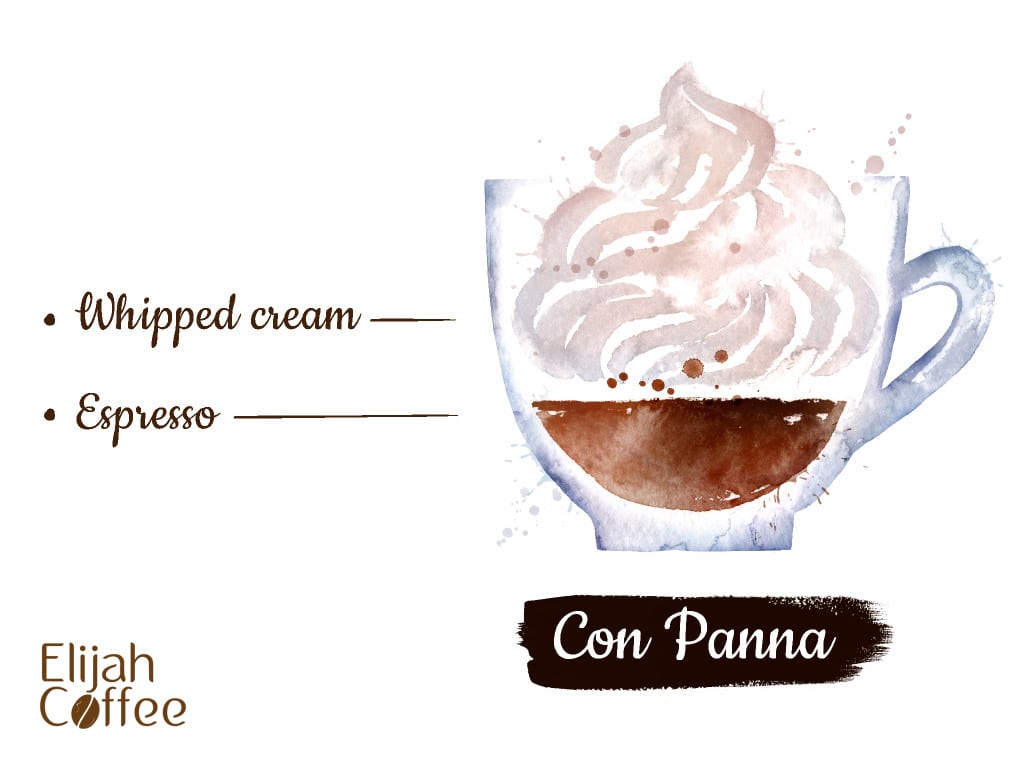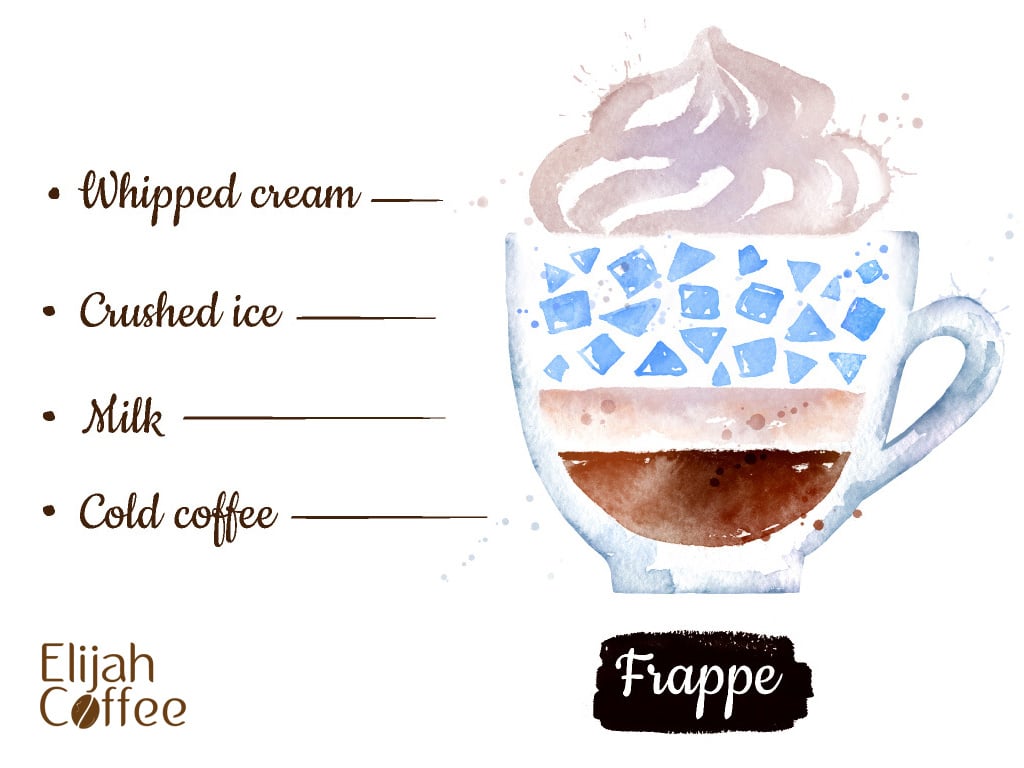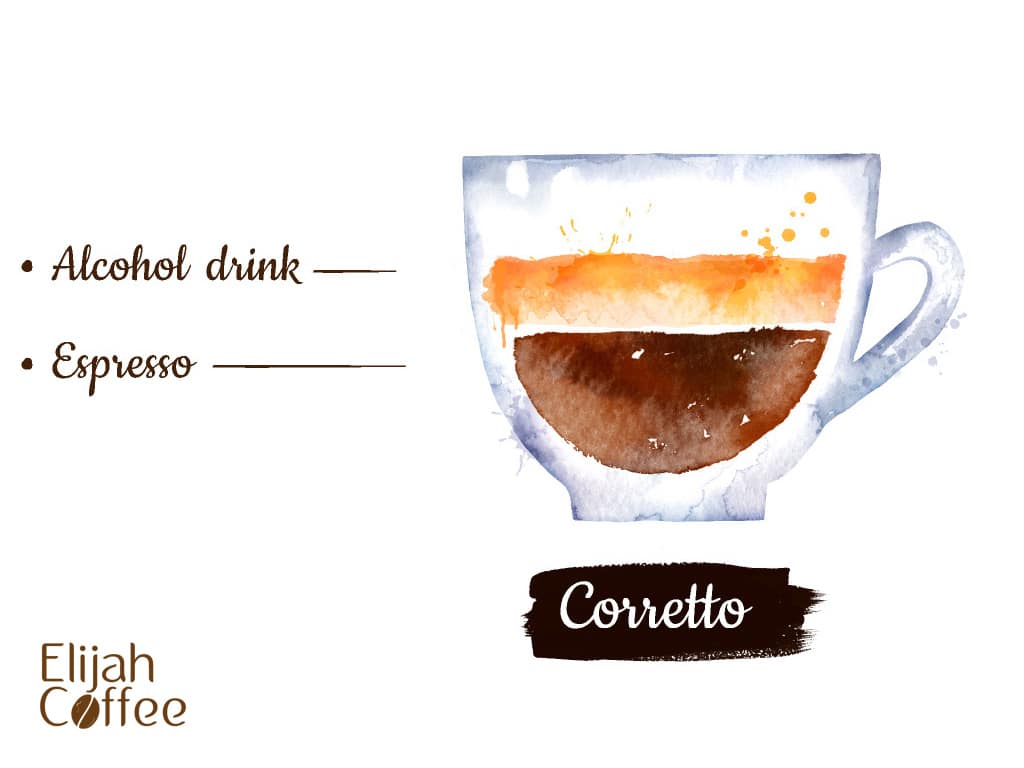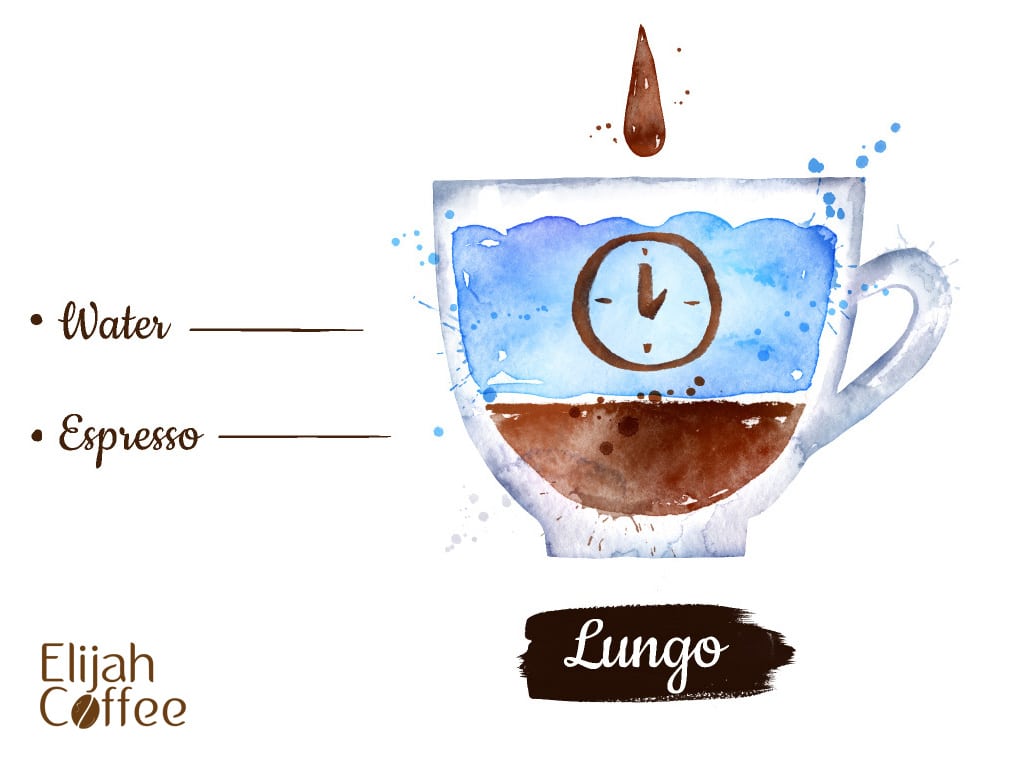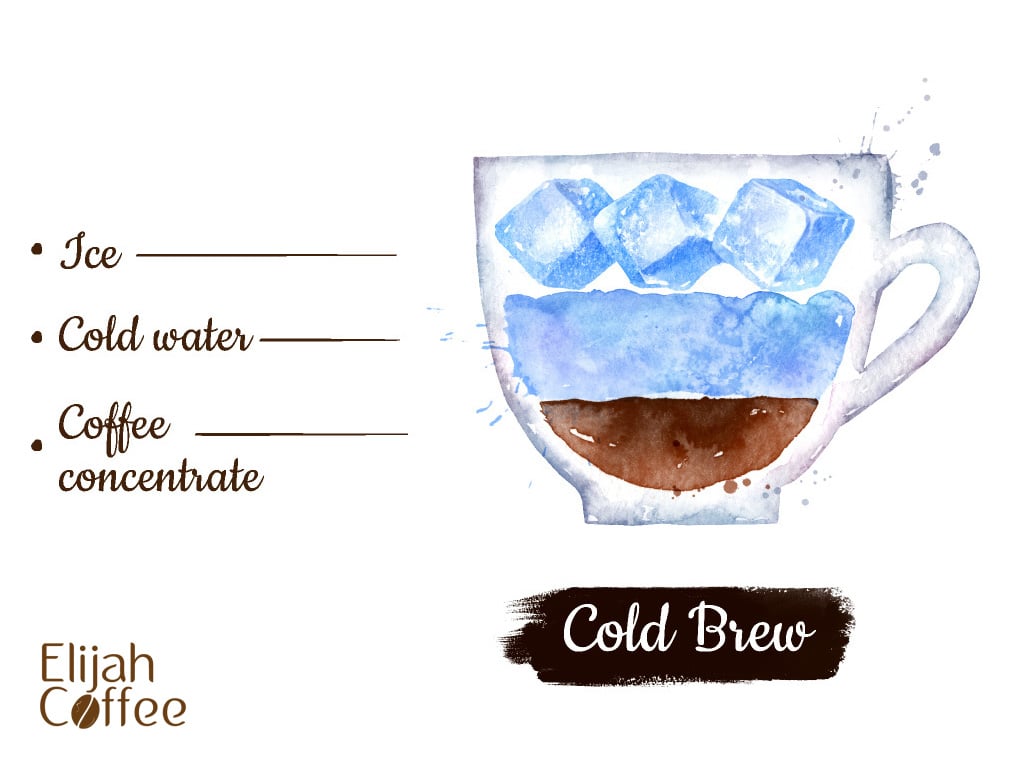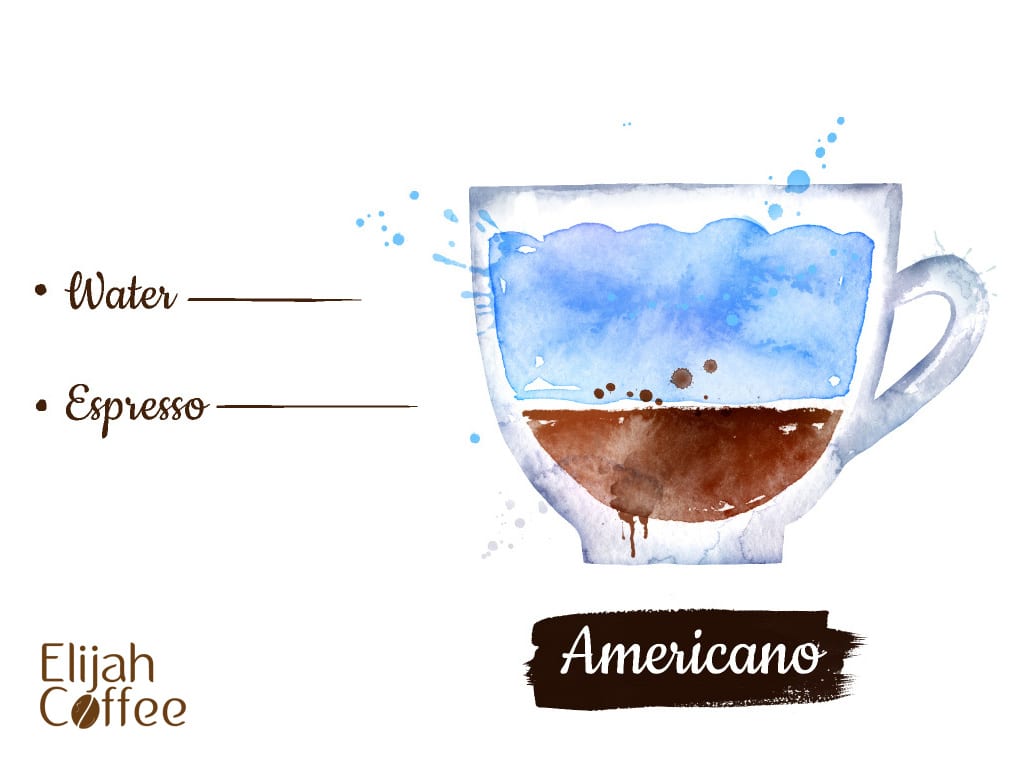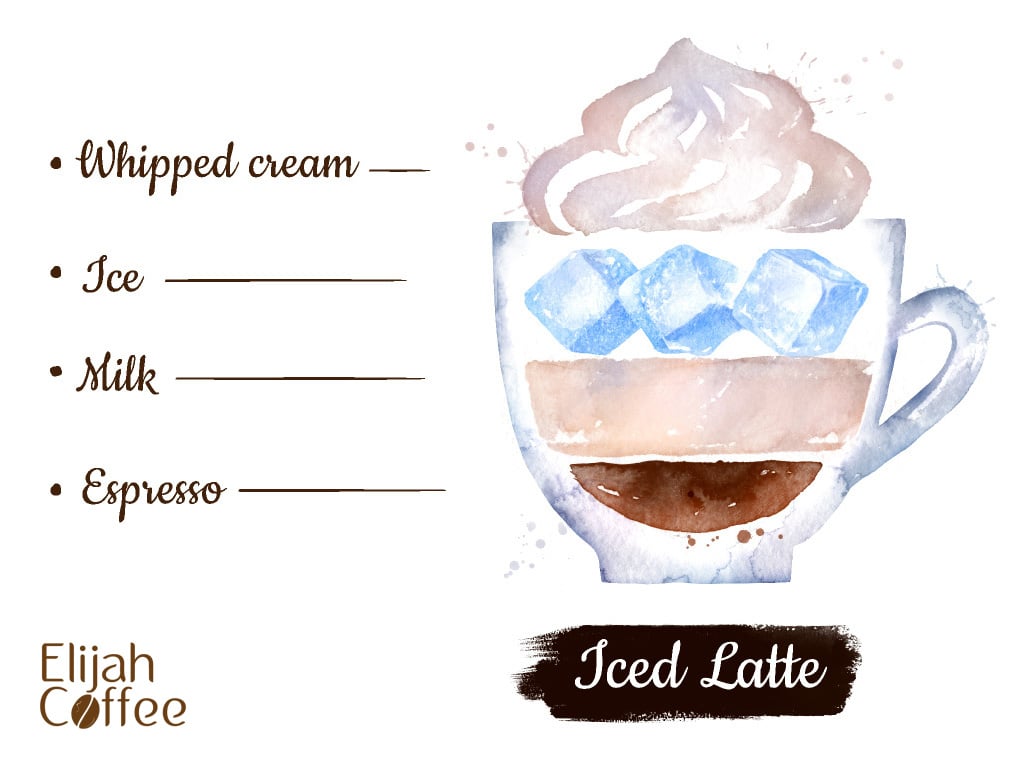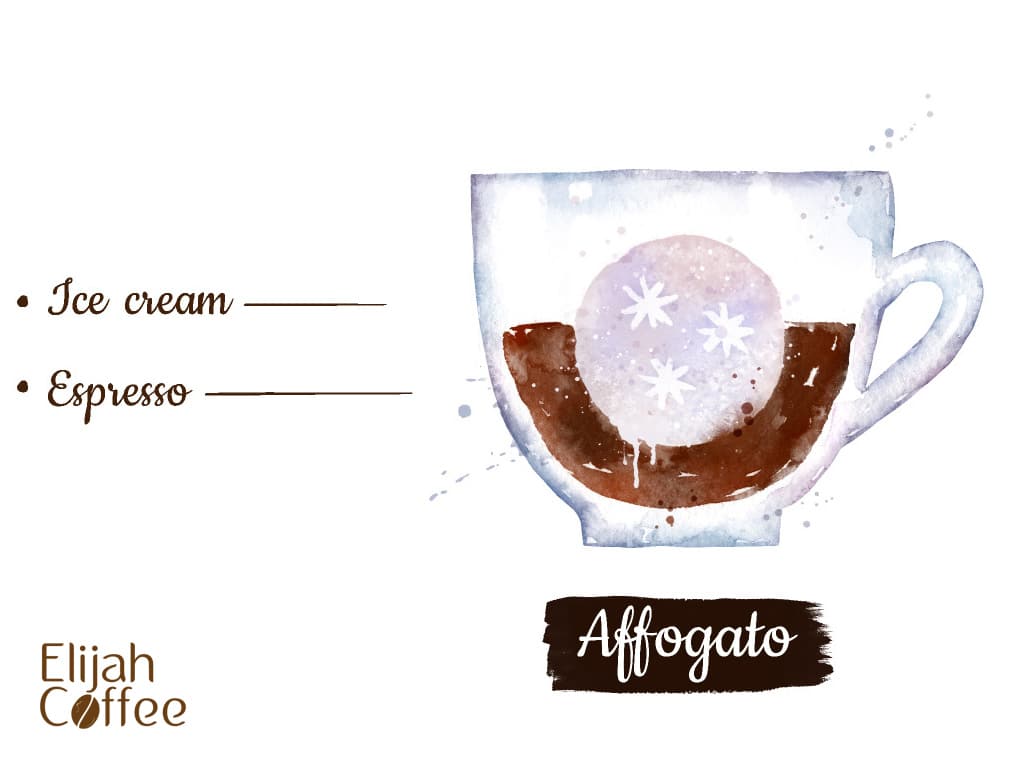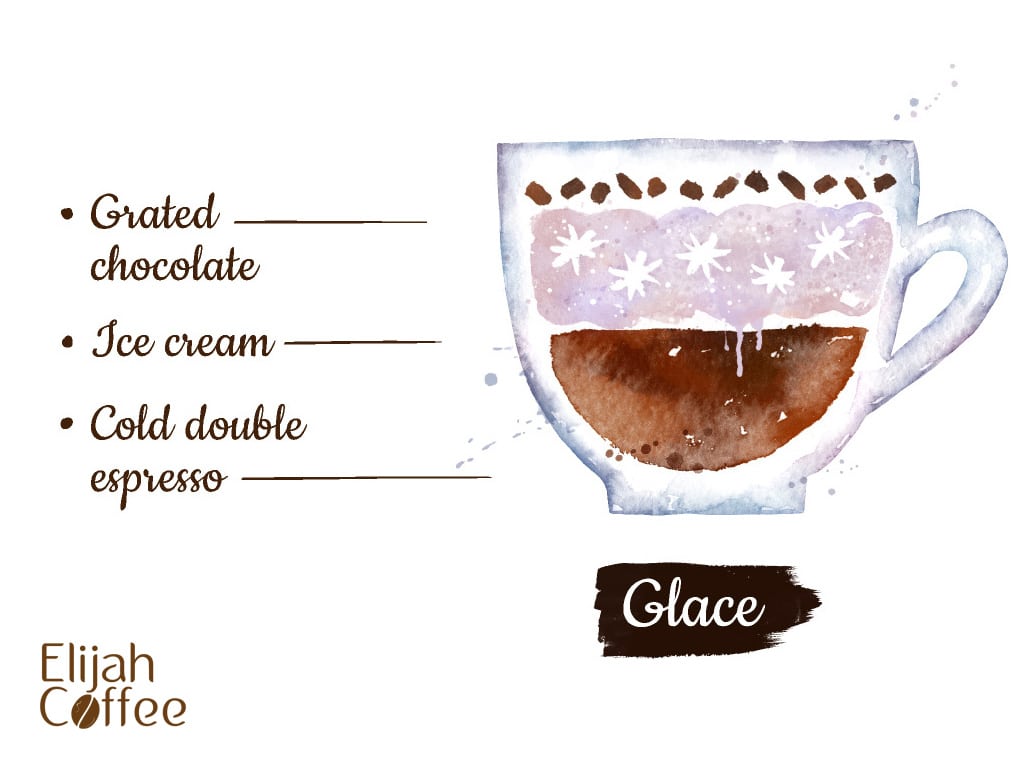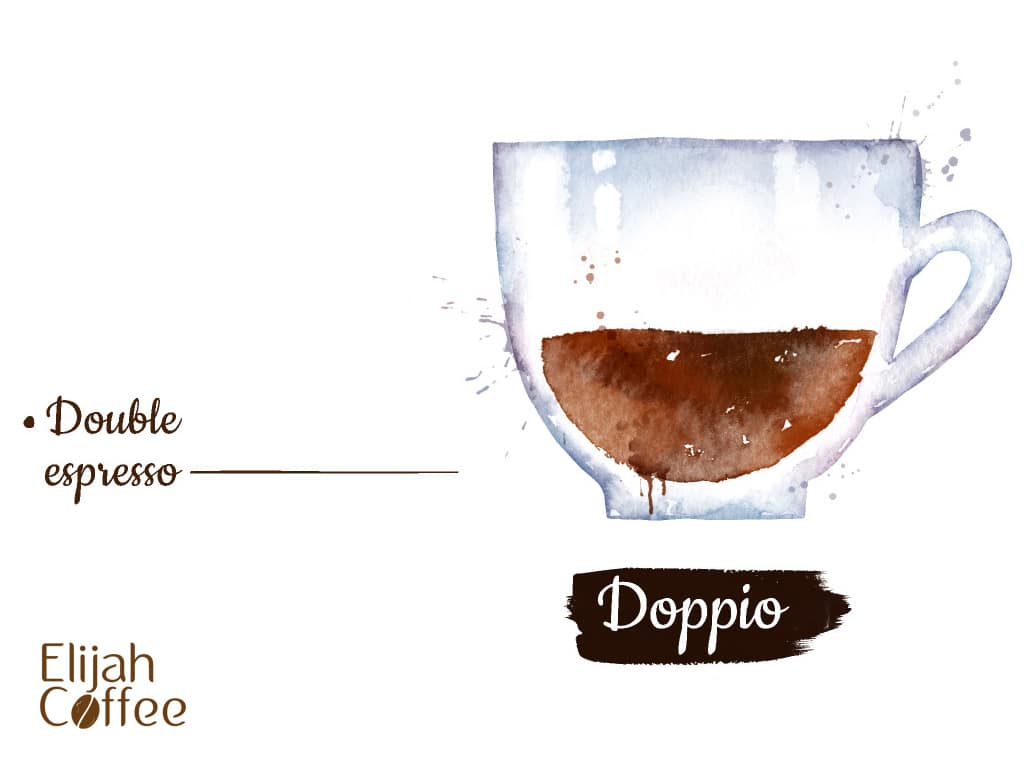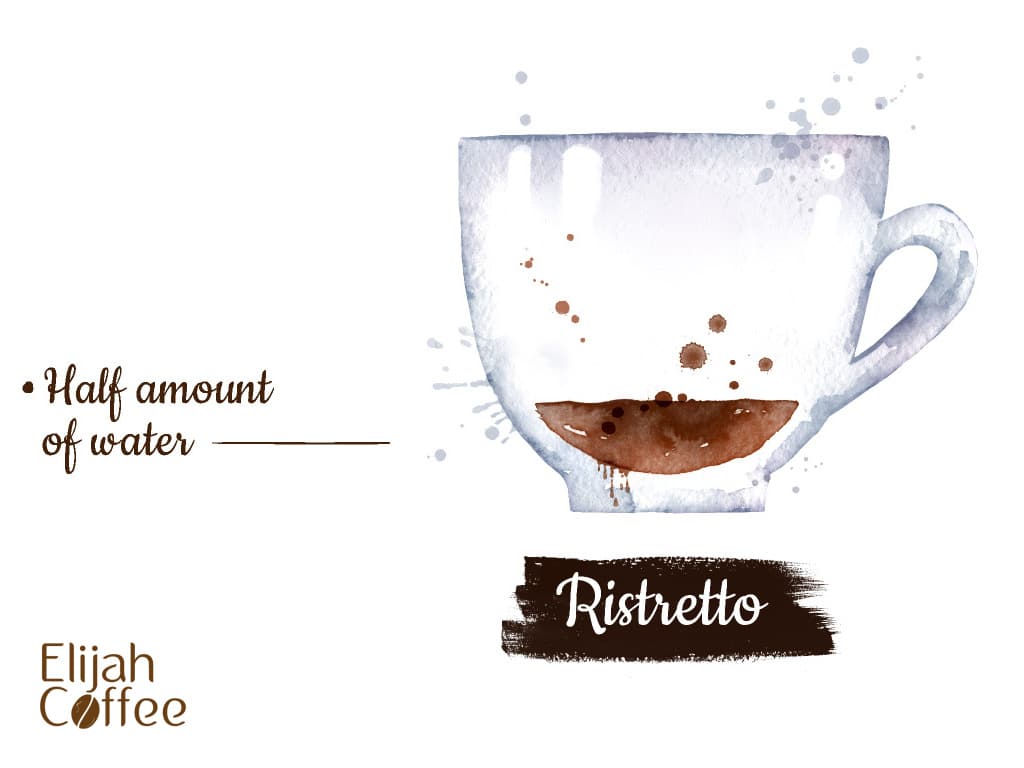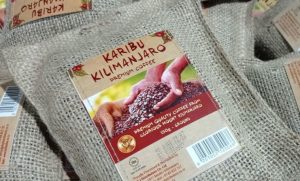First, let’s consider what coffee grounds are.
Coffee grounds make for an excellent fertilizer that will keep your grass healthy and green (even if it’s not affected by the caffeine or minerals present in the bean).
Just make sure to use fresh grounds, avoid excessive amounts, and over your yard roughly once every month-and-a-half. After all, you’re working with a good thing here. Why waste it?
So, Will Coffee Grounds Kill Your Grass?
Coffee grounds are a safe and effective substance that you can use to kill weeds; they should never be left on your lawn indefinitely.
If you have just applied them, do not water your grass for at least a day or two.
It will allow the soil to absorb the grounds and begin working its magic.
If you have already watered your lawn after applying grounds, let it dry out for two days, then water it normally again.
Using this method, you will have successfully applied grounds to kill weeds with minimal damage to your healthy grass.
How Do Coffee Grounds Help Grass Grow?
Were you looking for a green way to dispose of your grounds after a morning cup?
Always incorporate them into your compost mix since they are still ideal for promoting healthy plant growth at this point.
Furthermore, grounds keep the compost warm, which is beneficial for the decomposition of microorganisms.
Instead, you can skip the compost bin once a week and spread the coffee grinds across your lawn and garden.
Coffee grinds contain nutrients that are absorbed quickly by the soil and grass.
Advantages and Disadvantages of Using Coffee Beans on Your Grass
Coffee beans are trendy and make your lawn look great at a manageable price point. But are they really worth the hype?
Fewer Insects
The caffeine left from the grounds stopped slugs or snails from eating your grass.
Some of these creatures find the smell of caffeine repulsive, which works to your advantage during a BBQ cookout.
Keeps Stray Animals Away
The fragrance of coffee repels cats, so even the faintest whiff will keep them away from your yard.
Furthermore, placing grounds along the edges of grass yards under lawn grass discourages them from approaching that region.
Kills Fungus
When fungi damage your lovely lawn, they leave unsightly patches on the grass, making it look cluttered and unattractive.
These fungal diseases vanish after sprinkling ground coffee over the yard and raking it in, protecting the turf from severe attacks right from your kitchen.
Dry Grass
If you’ve been scattering ground directly from the kitchen without thinking about it, you’ve probably produced a layer block on top of the soil.
Clamping prevents moisture from accessing the earth because the dried-up coffee layer draws it in or evaporates while still waiting to enter.
Your grass will turn yellow and unsightly in about a week or two.
Affects Soil pH Levels
Excessive use of grounds also raises the pH of the soil. As previously noted, the pH of coffee is almost one level higher than that of grass.
High pH levels cause the grass to burn, compromising the general health of your lawn.

Do Coffee Grounds Kill Weeds?
Yes! Coffee grounds are practical weed killers, especially when damp and straight from the kitchen.
They raise the temperature of the compost mix when added to it, speeding up decomposition.
Heat destroys weeds in their sprout state and other diseases when the grass is at soil level with compost mix.
Coffee grounds also have allelopathic qualities, which inhibit the weeds’ germination ability, causing them to perish at this stage.
Do coffee grounds kill earthworms?
When grounds decompose, “organic substances and chemicals” are released, killing the worms.
grounds don’t appear to be very good for earthworms. Furthermore, your soil requires more earthworms.
Summary
Coffee grounds are not a miracle cure-all for your lawn. Though not all, they may prevent or kill some weeds; their effectiveness is variable.
Using coffee grounds as a fertilizer to help promote healthy lawn growth is somewhat sound; however, the best time and application method remains unclear.
Though coffee grounds won’t likely kill your grass, they may still have a place in it.
